
In a 2011 PMLA Editor’s Column “Literature in the Ages of Wood, Tallow, Coal, Whale Oil, Gasoline, Atomic Power, and Other Energy Sources” Patricia Yeager asked what might happen if, rather than organizing literary history by segments of chronological time (historical periods) or intellectual movements (the history of ideas), “we sort texts according to the energy sources that made them possible?” Since that time, Energy Studies has burgeoned across humanistic disciplines, as scholars have examined sources of energy not just as the material substrate fueling the modern world but as the basis of social, political, economic, and cultural arrangements. This symposium seeks papers that explore cultural dimensions of energy across the long duree of what Jamie Jones has termed “fossil modernity,” from the eighteenth century to the present.
Papers might consider particular energy regimes and forms (coal, oil, gas, solar), energy’s shifting meanings over time (energy as metaphor and energy as substance), energy’s key terms (extraction, abundance, exhaustion, depletion, transition), its effects (growth, velocity, violence, pollution), its infrastructures (from pipelines to refineries and data centers), and its relations to ongoing historical processes (racialization, settler colonialism, capitalism). The symposium hopes to take stock of “energy” and Energy Studies’ past and their possible futures.
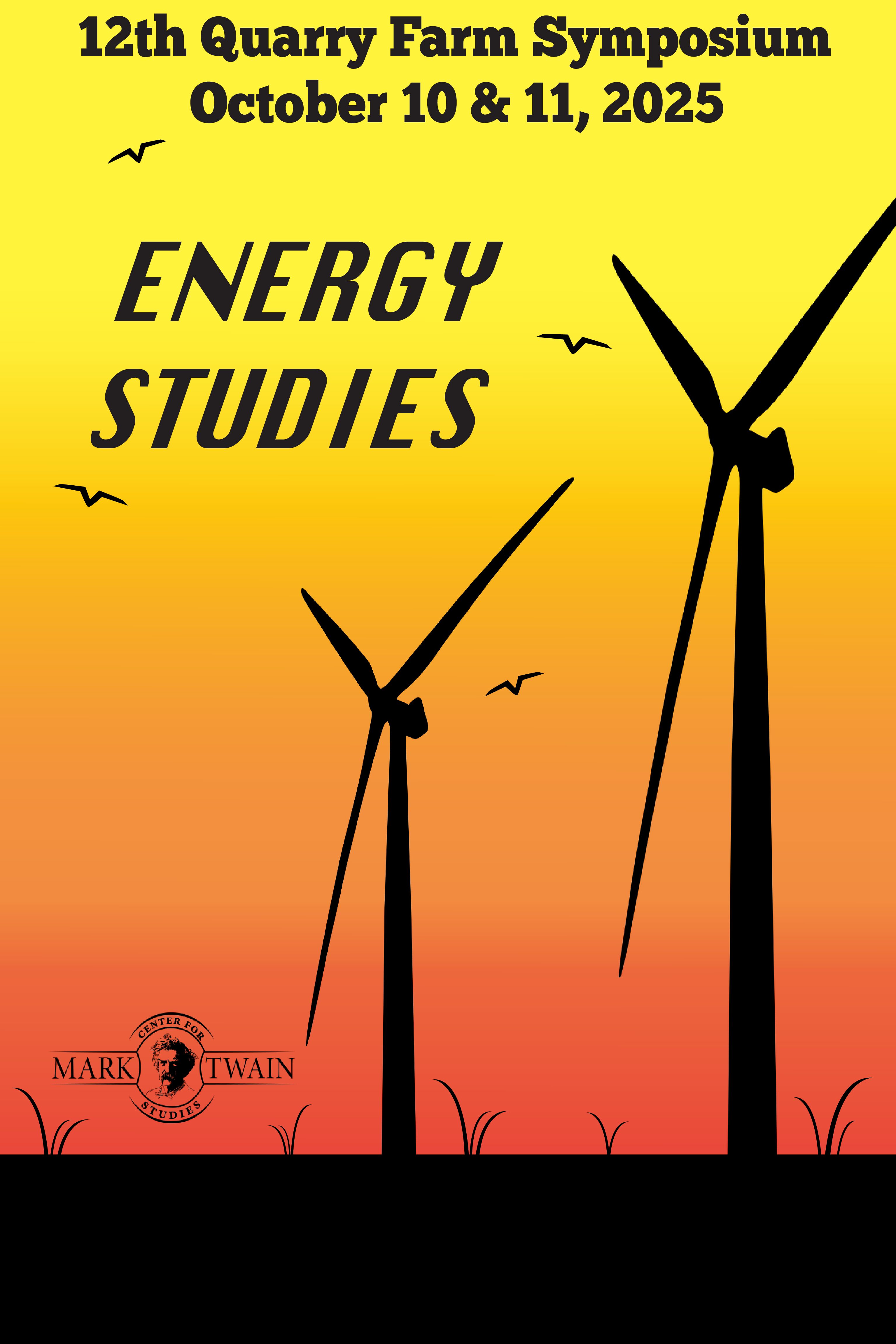
This is the 12th Quarry Farm Symposium, hosted by the Center For Mark Twain Studies on the property where Twain wrote most of his best-remembered works. Like previous symposia on, for instance, Abolition Studies and American Literary History & Economics, the Energy Studies symposium does not seek to center Mark Twain or his works in the proceedings, but merely to acknowledge that ongoing research and publication in this field is bound to facilitate better understanding of Twain’s life, work, legacy, and world, as is CMTS’s mission. Twain wrote explicitly, in The Gilded Age (1873), for instance, about steam and oil as epochal commodities. He worked in mining encampments and over fossil-powered machinery throughout the transformative decades of the 1850s and 1860s. He belonged to labor unions and advocated for industrial laborers. And, later in life, he variously defended, derided, organized against, and invested in what we would now recognize as energy companies, including Standard Oil.
The goals of Quarry Farm Symposia are two-fold. They are a product unto themselves. With permission, all presentations will be recorded and archived at MarkTwainStudies.org, such as to provide an accessible primer in Energy Studies. But CMTS also aims to create a space conducive to ongoing collaboration. Previous symposia have led to special issues of academic journals, edited collections, co-authored articles, podcast episodes, panels and roundtables at major conferences. Hopefully, this symposia will be similarly fruitful, both during the weekend it takes place, and after.
The symposium is organized by Jeffrey Insko, Professor of English & Coordinator of American Studies at Oakland University, and Matt Seybold, Associate Professor of American Literature & Mark Twain Studies at Elmira College.
The Quarry Farm Symposium on Energy Studies will take place on October 10-11, 2025 in Elmira, NY. Registration will be $225 and covers four meals and two happy hours. A group rate has also been negotiated with local hotel.
Proposals of no more than 300 words should be submitted by Tuesday, September 2nd, 2025.
Symposium Organizers

Jeffrey Insko
Jeffrey Insko is Professor of English and Coordinator of American Studies at Oakland University in Rochester, Michigan, where he teaches courses on nineteenth-century American literature and culture and the Environmental and Energy Humanities. He is the author of History, Abolition, and the Ever-Present Now in Antebellum American Writing (Oxford, 2018) and the editor of the Norton Library Edition of Moby-Dick (2024). His recent work on energy, environment, and infrastructure has appeared in such venues as the Cambridge Companion to the Environmental Humanities, the Oxford Handbook of Ralph Waldo Emerson, Post45, and The Dial. He is currently completing a book about energy infrastructure, the Great Lakes, and industrial modernity titled The North 30: An Environmental History of America’s Most Dangerous Pipeline.

Matt Seybold
Matt Seybold is Associate Professor of American Literature & Mark Twain Studies, Resident Scholar at Center For Mark Twain Studies, and Executive Producer of The American Vandal Podcast, where he recently finished the 24-episode “A Tale of Today” series in which 42 scholars from literary studies, history, sociology, journalism, and economics discuss Gilded Ages, old and new. He is also co-editor of the Routledge Companion to Literature & Economics (2018). Recent writing can be found in American Literary History, Cleveland Review of Books, Los Angeles Review of Books, Mark Twain Annual, Modern Language Quarterly, and North American Revie.
SYMPOSIUM PRESENTERS
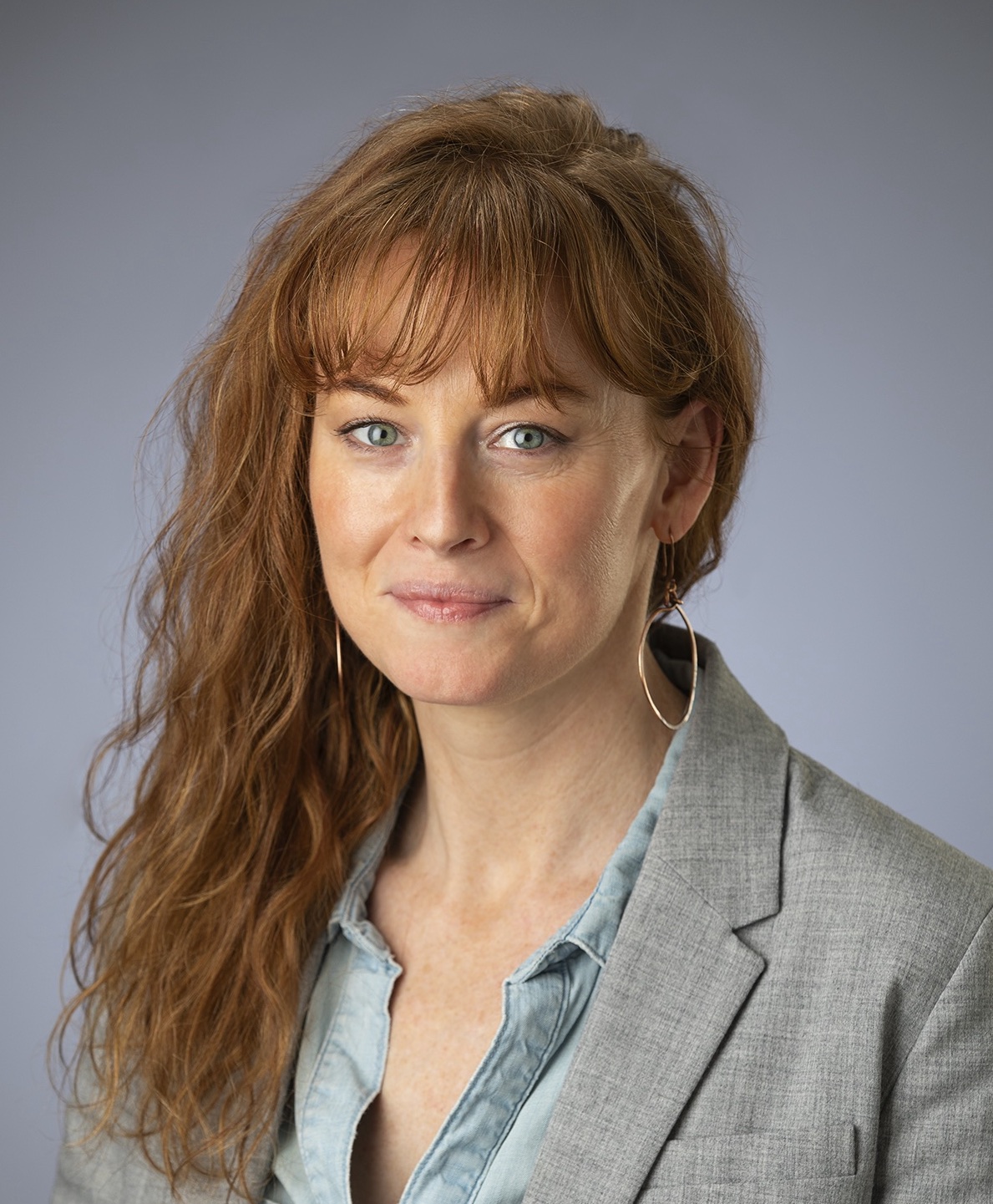
April Anson
April Anson is Assistant Professor of English and Social and Critical Inquiry at the University of Connecticut where she serves on the executive committees for American Studies and Native American and Indigenous Studies. She is the 2025-26 Justice, Equity and Repair Fellow at the University of Connecticut’s Humanities Institute, completing her manuscript Unfenceable: Ecofascism, Literary Genre, and Native American Environmental Justice. Unfenceable uses literary analysis to trace the historical and ongoing relationship between climate change, white supremacy, and American environmental thought as well as the Indigenous American environmental justice traditions that eclipse those relations. Prior to joining UConn, Dr. Anson was Assistant Professor of Public Humanities at San Diego State University and a Mellon Postdoctoral Fellow at the University of Pennsylvania. Dr. Anson’s public-facing work includes cofounding the Anti-Creep Climate Collective, which coauthored Against the Ecofascist Creep. Her research has appeared in boundary 2, Resilience, American Quarterly, Environmental History, Western American Literature, and more.

Rachel Banner
Rachel Banner is Associate Professor of English at West Chester University of Pennsylvania, where she teaches courses in American literature and first-year writing/composition. She is also a department union representative for the faculty union APSCUF-AFT Local 1421. Her work has appeared in the Oxford Companion to Ralph Waldo Emerson (Oxford University Press, 2024), as well as Callaloo, ESQ: A Journal of the American Renaissance, and most recently J19. She has essays forthcoming in American Gothic Studies, the edited collection William Wells Brown: Man of Letters (University of Georgia Press), and the edited collection Reconstruction in Word and Image (University of Georgia Press). She is currently working on a book project called The Figure of a Wife about wives, energy studies, sexual and extractive violence in nineteenth-century US literature.
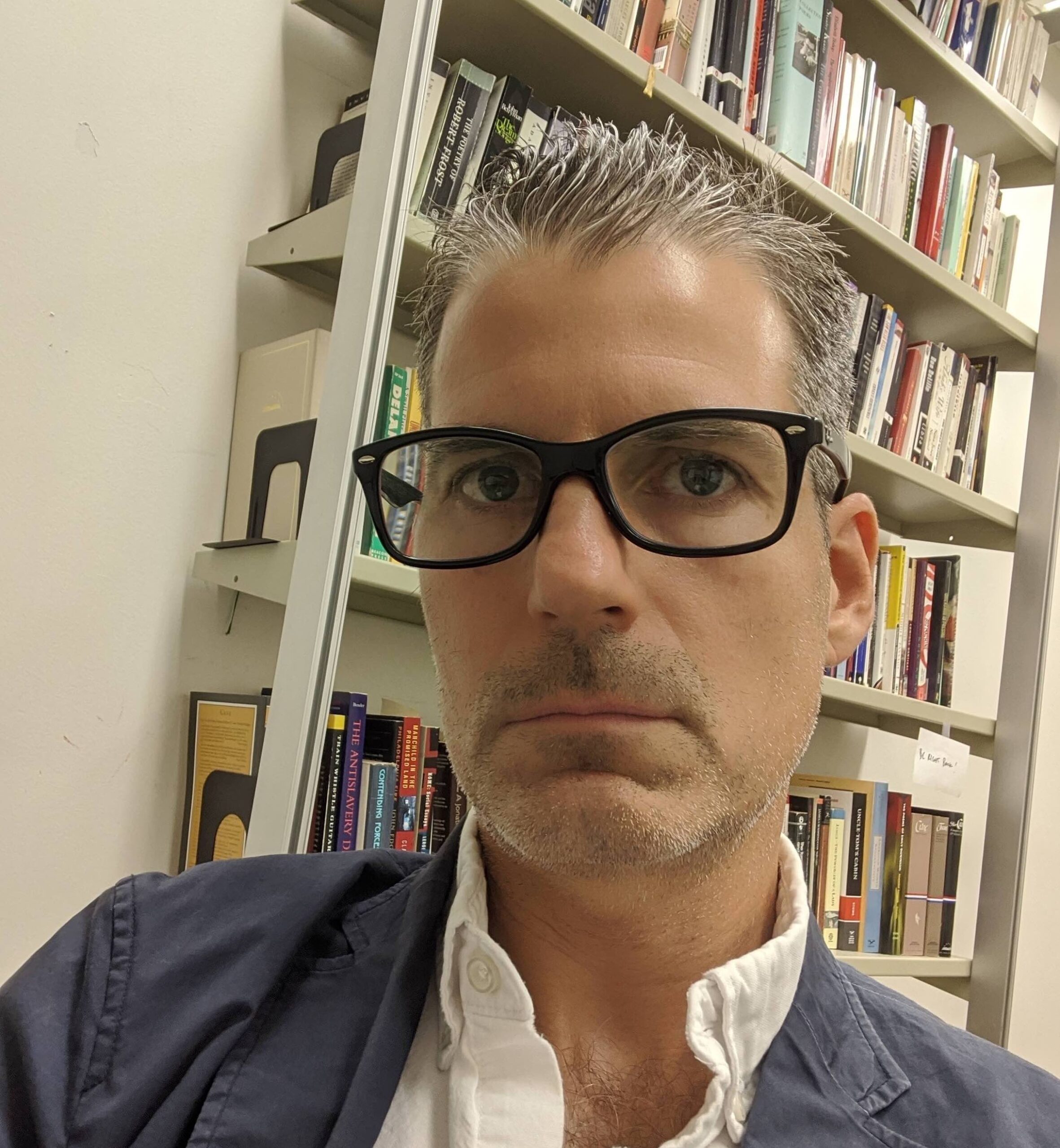
John Levi Barnard
John Levi Barnard is Associate Professor of English and Comparative & World Literature at the University of Illinois, Urbana-Champaign. His work in literary and cultural studies and the environmental humanities has appeared in American Literature, American Quarterly, Resilience, Post45, The Dial, the Oxford Handbook of Twentieth-Century American Literature, and elsewhere. His next book, The Edible and the Endangered: Animals, Empire, Extinction, is (hopefully) forthcoming from a reputable press.

Elizabeth Barrios
Elizabeth Barrios is Associate Professor in the Department of Modern Languages and Cultures and Chair of Ethnic Studies at Albion College. Her research explores ecology, energy humanities, and Latin American and Latina/o literature and media. She is the author of Failures of the Imagination: Reckoning with Oil in Venezuelan Cultural Production (University of Pittsburgh Press, 2026) and is currently writing Plastic Environmentalisms: Petrocultures and Climate Denial in the Americas. This book includes a public humanities component: the ongoing oral history project, “Climate Stories of the Venezuelan Andes.” She has been selected as a Fellow at the Society for the Humanities at Cornell University to complete this project during the 2025–2026 academic year.
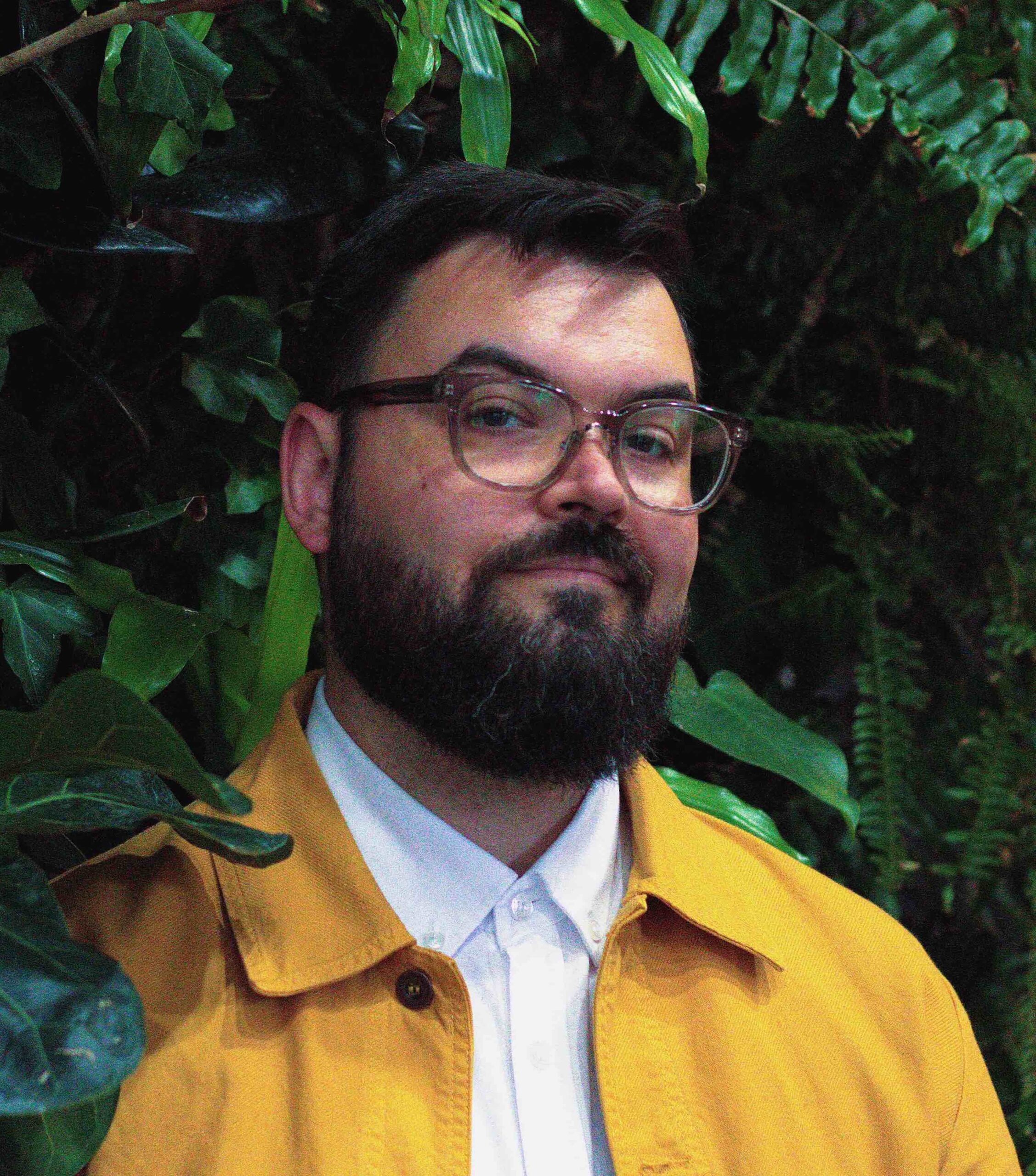
Brent Bellamy
Brent Ryan Bellamy teaches in English and in Cultural Studies departments at Trent University and in Communications at Ontario Tech University. His ongoing research is focused on mediating the real world through cultural objects, specifically related to fossil capital and the myriad forms of oppression and dysregulation it amplifies. As such, his latest work is on storyworlds and worldbuilding. Bellamy is editing an issue of Storyworlds journal on collaborative worldbuilding and writing a small book for MIT press on Worldbuilding. His published work includes Materialism and the Critique of Energy, An Ecotopian Lexicon, and Remainders of the American Century.
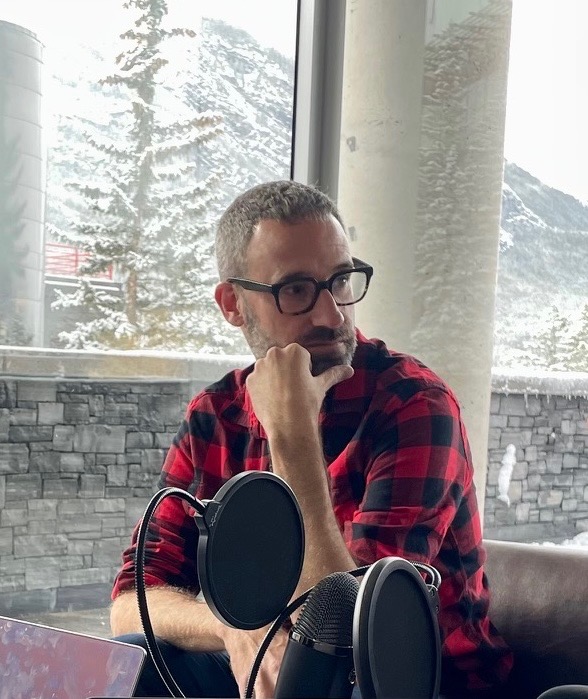
Thomas S. Davis
Thomas S. Davis is Associate Professor of English and Affiliated Faculty at the Sustainability Institute at The Ohio State University. His essays have appeared in Resilience: An Environmental Humanities Journal, Energy Humanities, Modern Fiction Studies, Twentieth Century Literature, English Language Notes, Modernism/Modernity, Cultural Dynamics, Textual Practices, and several edited volumes. He has essays forthcoming in Modern Fiction Studies, The Cambridge Handbook to Caribbean Modernism, and The Cambridge Companion to Late Modernism. His first book is The Extinct Scene: Late Modernism and Everyday Life (Columbia UP, 2016). He is completing a second book, Forming Attachments: Aesthetic Education and Ecological Crisis, and working on a third one called Irrelevance: Literature and Art in the 21st Century.
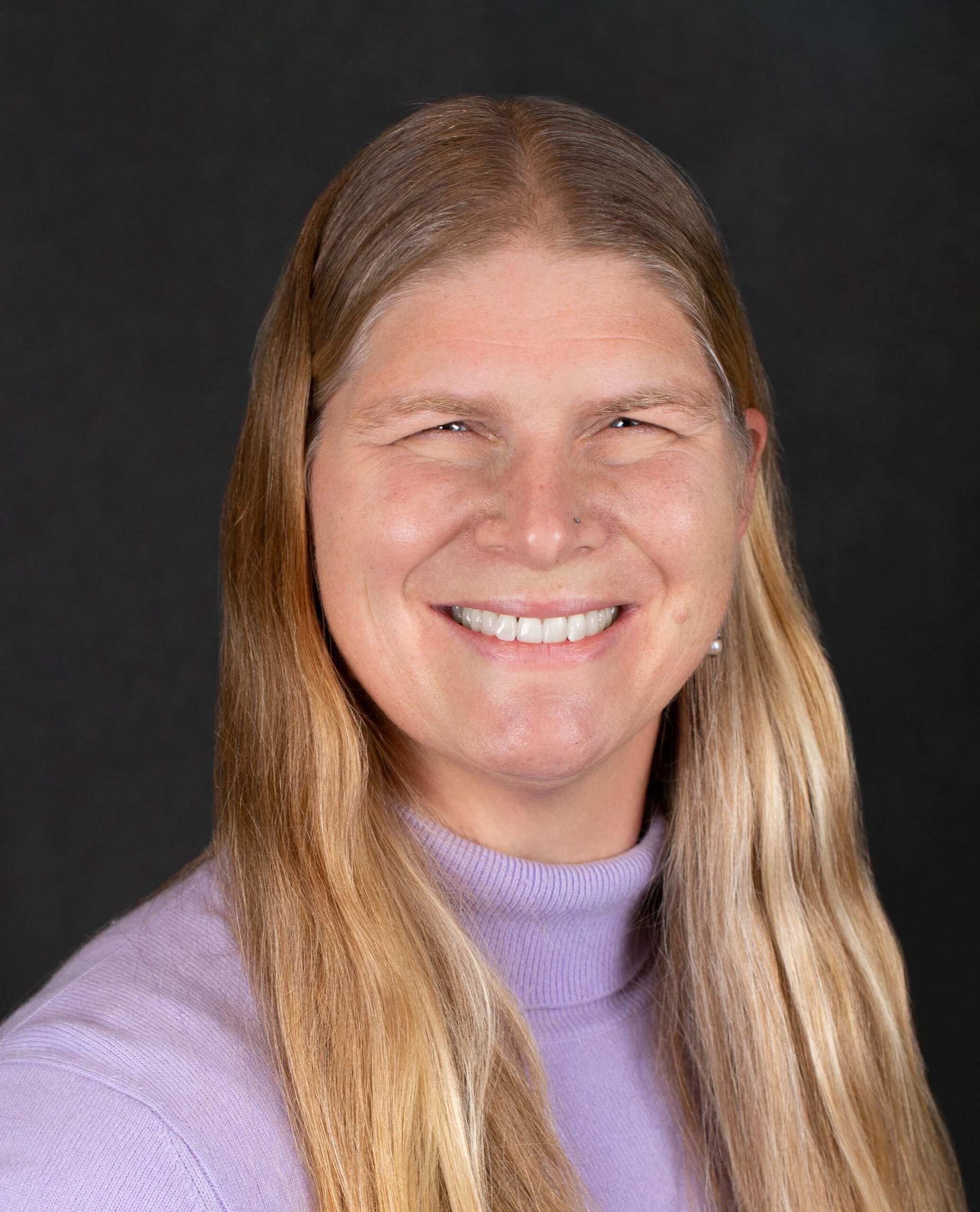
Kathryn Dolan
Kathryn Dolan is Professor of American literature and Chair of the Department of English and Technical Communication at the Missouri University of Science and Technology. She researches U.S. literature, food studies, global studies, and environmental criticism. Prior to joining Missouri S&T, Dolan was a postdoctoral scholar in the English department at University of South Florida. Dolan’s book publications include Beyond the Fruited Plain (Nebraska, 2014), Cattle Country (Nebraska, 2021), Breakfast Cereal: A Global History (Reaktion/Chicago, 2023), and most recently Henry David Thoreau and the Nick of Time (Mercer, 2025), co-edited with John Kucich and Henrik Otterberg.

Stephanie Foote
Stephanie Foote is Professor of English at the University of Vermont, where she researches and teaches American literature and culture from the nineteenth century to the present with a particular focus on environmental issues. Foote is the author of two single-author books and co-edited (with Elizabeth Mazzolini) Histories of the Dustheap: Waste, Material Cultures, Social Justice (2012). In 2022 she and Jeffrey Jerome Cohen edited The Cambridge Companion to the Environmental Humanities. Most recently, she is the co-founder and co-editor of Regeneration: Environment, Art, Culture. She has published more than 20 articles and book chapters in journals such as PMLA, Signs, American Literary History, and American Literature, and her work has been funded by the Carnegie Foundation, the Mellon Foundation, the National Endowment for the Humanities, and the National Humanities Center.
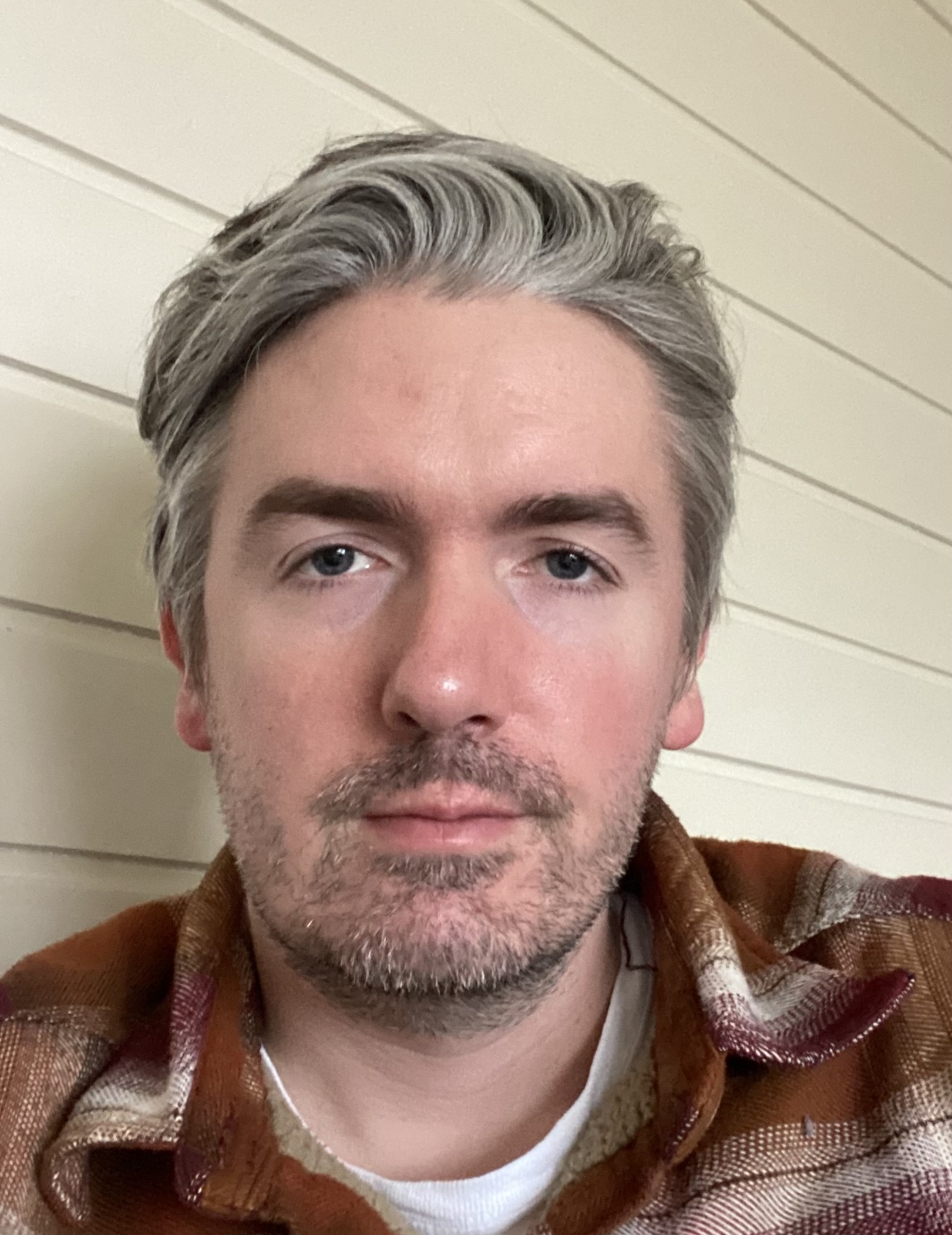
John Kendall
John Kendall is a postdoctoral researcher in energy geographies at The Pennsylvania State University. His recently completed dissertation, entitled “Oil Is Where You Find It: Mediations of Technology, Labor, and Value in the Oilfield,” explores how historical epistemologies of the subsurface shaped and were shaped by social, political, and economic changes at the surface. He has published in the Routledge Handbook of the Digital Environmental Humanities, Geoforum, and Cultural Critique Online, and is a contributing author to a forthcoming special issue on ‘depth’ in Environmental Humanities. With his postdoctoral supervisor Jennifer Baka, he is currently involved in several research projects investigating the political-industrial ecology of the Appalachian gas industry.

Caroline Levine
Caroline Levine is David and Kathleen Ryan Professor of the Humanities at Cornell University. She is the author of four books: The Serious Pleasures of Suspense (2003), Provoking Democracy: Why We Need the Arts (2007), Forms: Whole, Rhythm, Hierarchy, Network (2015), and The Activist Humanist: Form and Method in the Climate Crisis (2023). She is also a climate activist who was part of the team that persuaded the Cornell Trustees to divest the university endowment of fossil fuels in 2020.
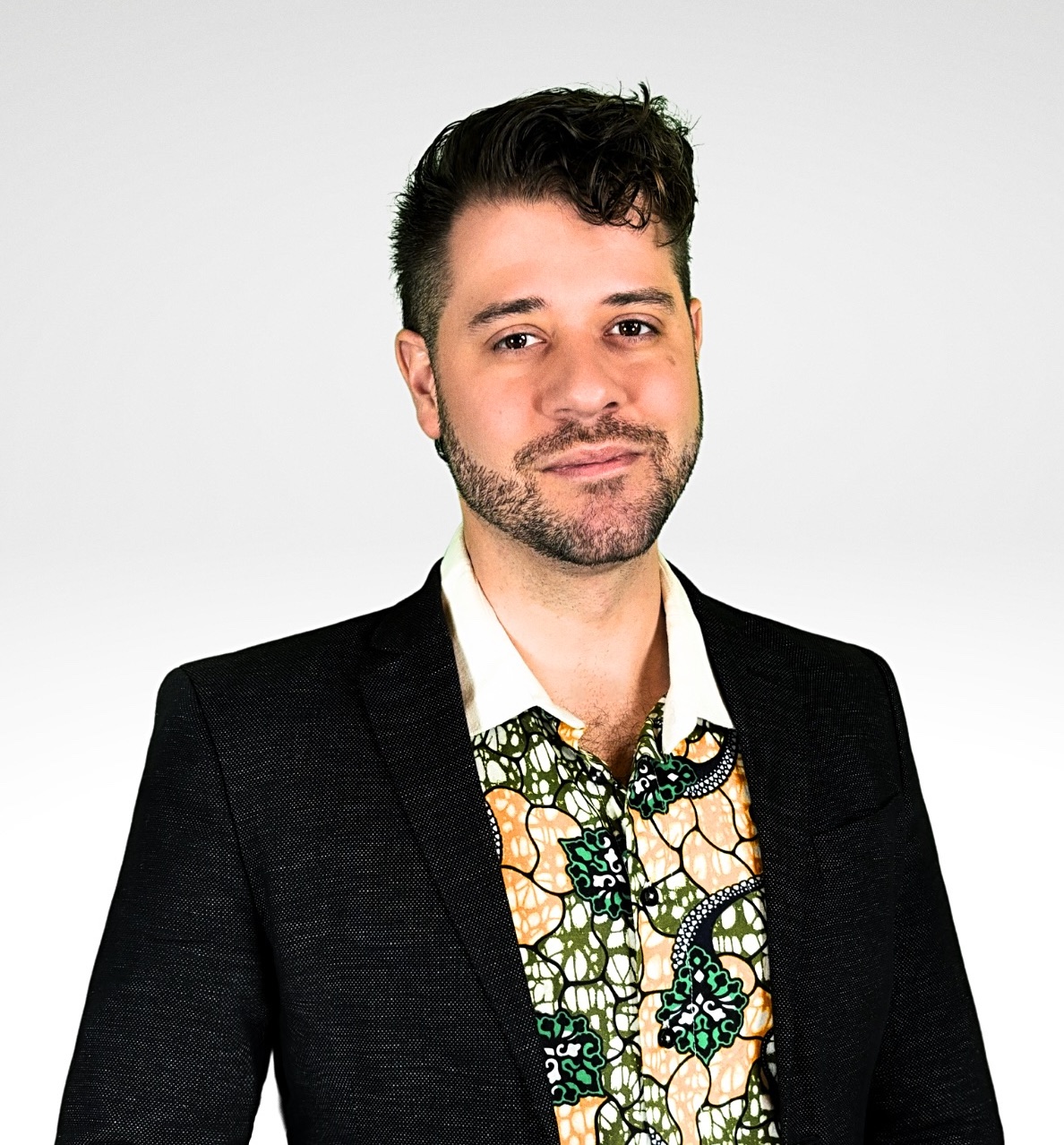
Alexander Menrisky
Alexander Menrisky is Associate Professor of English and affiliate faculty in American Studies at the University of Connecticut. He is the author of the forthcoming Routledge Introduction to American Environmental Literature, Everyday Ecofascism: Crisis and Consumption in American Literature (University of Minnesota Press, 2025), Wild Abandon: American Literature and the Identity Politics of Ecology (Cambridge University Press, 2021), and, as part of the Anti-Creep Climate Initiative, the web zine and teaching resource Against the Ecofascist Creep. His work also appears in Criticism, Interdisciplinary Studies in Literature and Environment, Mosaic, GLQ: A Journal of Lesbian and Gay Studies, Resilience, Edge Effects magazine, and elsewhere. He is currently the Vice President of the Association for the Study of Literature and Environment (ASLE), and in the past created and curated the organization’s Teaching Resources Database.
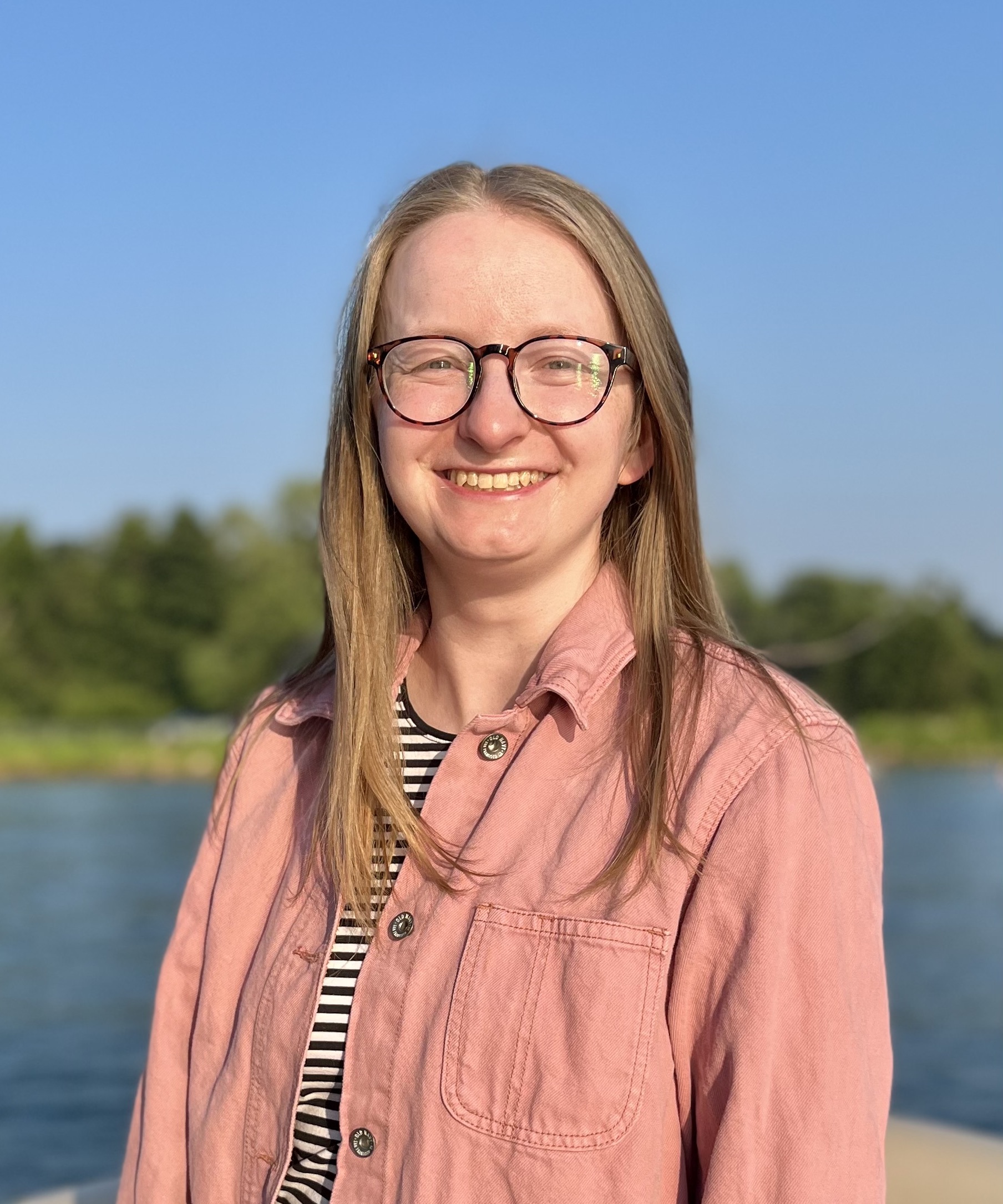
Alexis Schmidt
Alexis Schmidt is a PhD candidate of English at the University of Illinois Urbana-Champaign. Her dissertation is tentatively titled “American Exhaustion: Energy, Bodies, and Literature in the Progressive Era.” She studies turn-of-the-century US literature through the concepts of work, energy, and exhaustion. Her scholarship appears in Studies in American Naturalism, Edith Wharton Review, Commonplace: the journal of early American life, and Edge Effects.
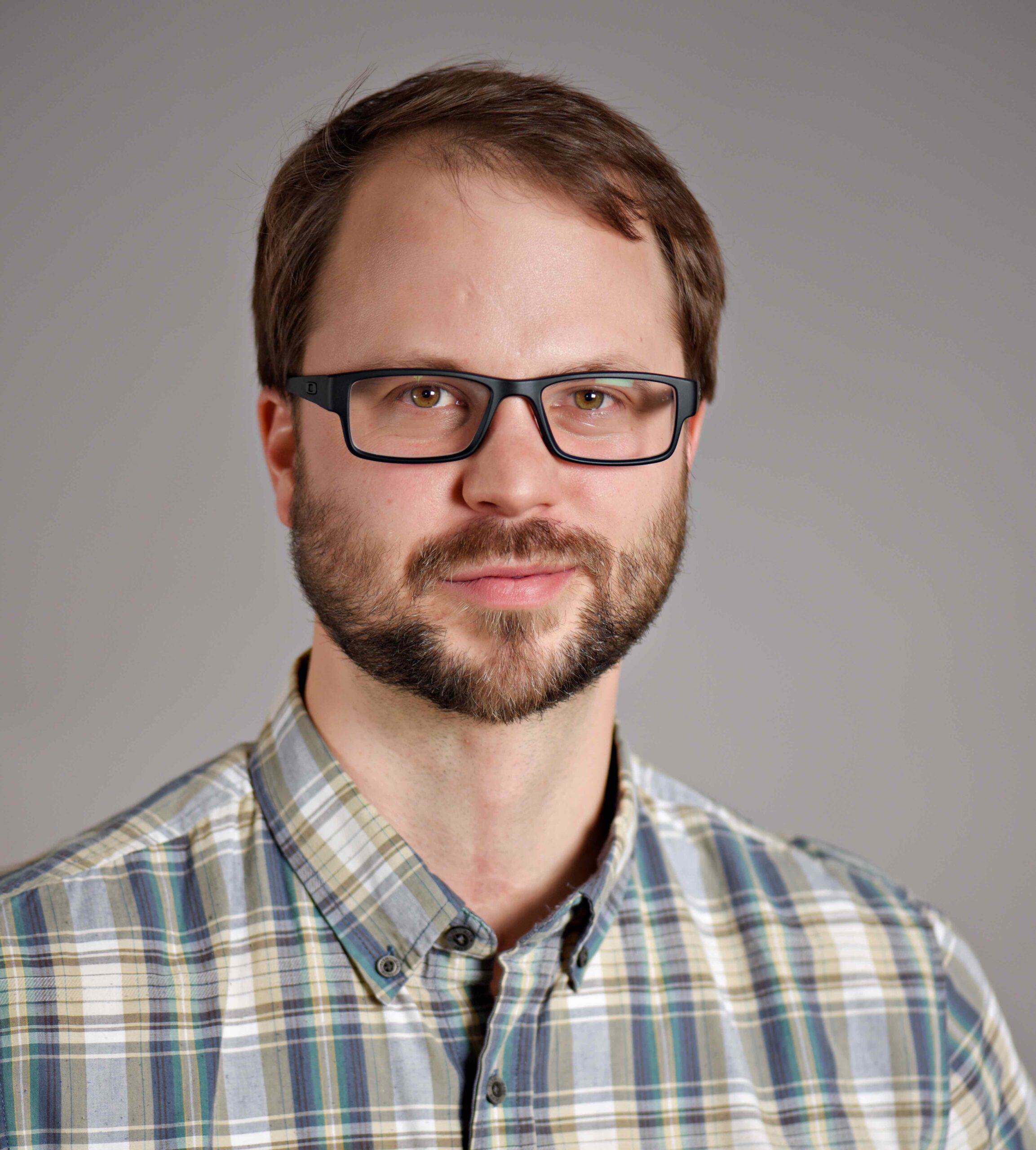
Caleb Wellum
Caleb Wellum is a historian working at the intersection of energy, culture, and political economy in the twentieth century. He is the author of Energizing Neoliberalism: The 1970s Energy Crisis and the Making of Modern America (John Hopkins UP, 2023), as well as a variety of pieces in essay collections and leading journals such Cultural Studies, Modern American History, Environmental History, and Enterprise and Society. As Editor of Energy Humanities and as a member of the Petrocultures Research Group, After Oil Collective, and Fogo Island Collaborative Inquiry, Wellum is also committed to exploring how deep collaboration, methodological experimentation, and public engagement can enliven humanities research and enrich public discourse.
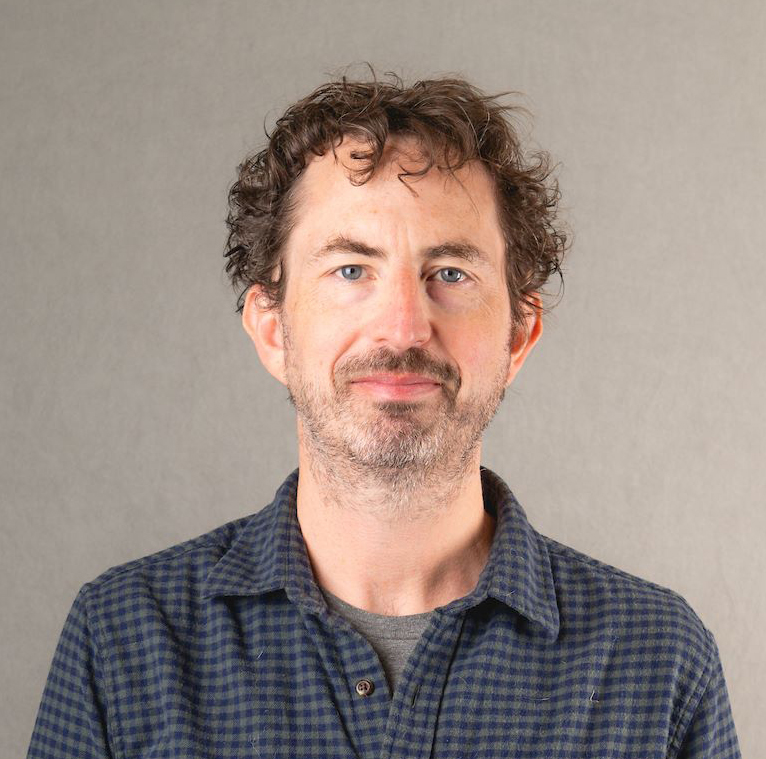
Nathan Wolff
Nate Wolff is Associate Professor of English at Tufts University. He is the author of Not Quite Hope and Other Political Emotions in the Gilded Age (Oxford University Press, 2019), which uses readings of Mark Twain’s The Gilded Age and The American Claimant to frame a literary prehistory of today’s emotional politics: the cynicism and exhaustion of democratic life in an age of inequality and corruption. He is currently working on a new book, Disentangled: Nineteenth-Century U.S. Literature’s Political Ecologies, contesting the influence of New Materialist ecocriticism on Americanist literary studies. Two pieces from this project—the first on Twain and Charles Chesnutt, the second on Frank Norris and W.E.B. Du Bois—have been published in American Literary History. His writing has appeared in other venues including English Literary History, J19: The Journal of Nineteenth-Century Americanists, Leviathan: A Journal of Melville Studies, and The Washington Post.